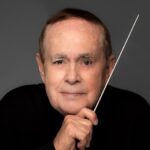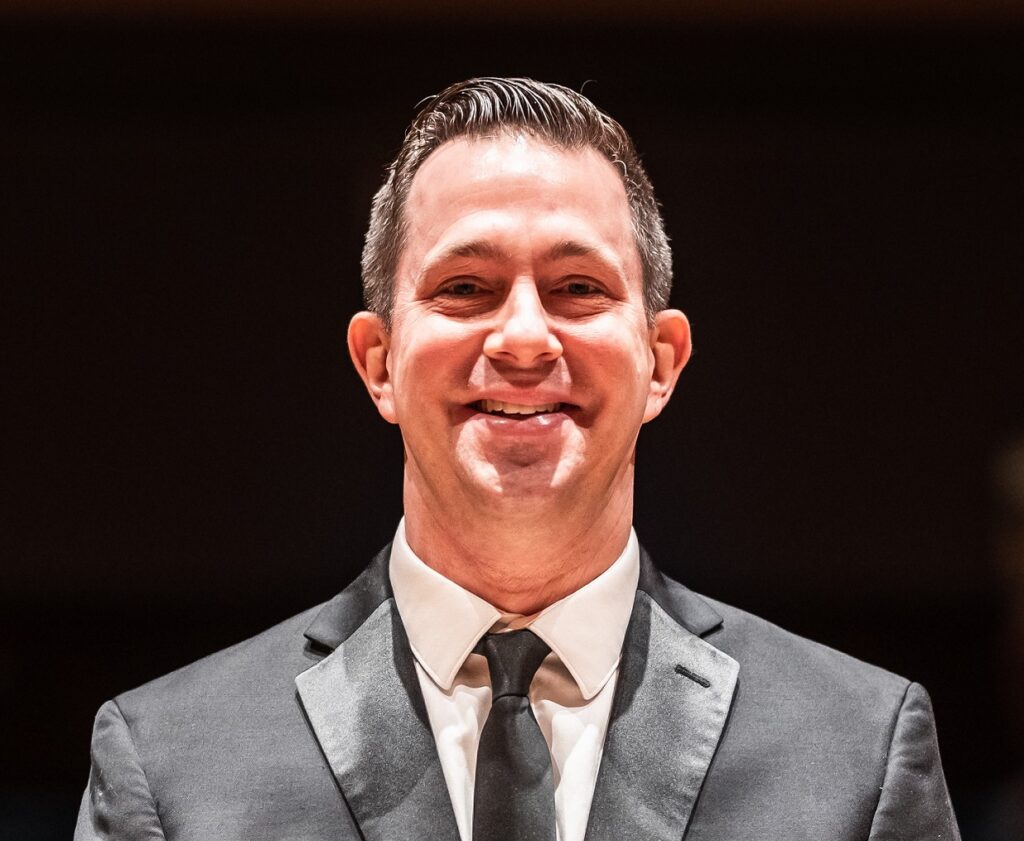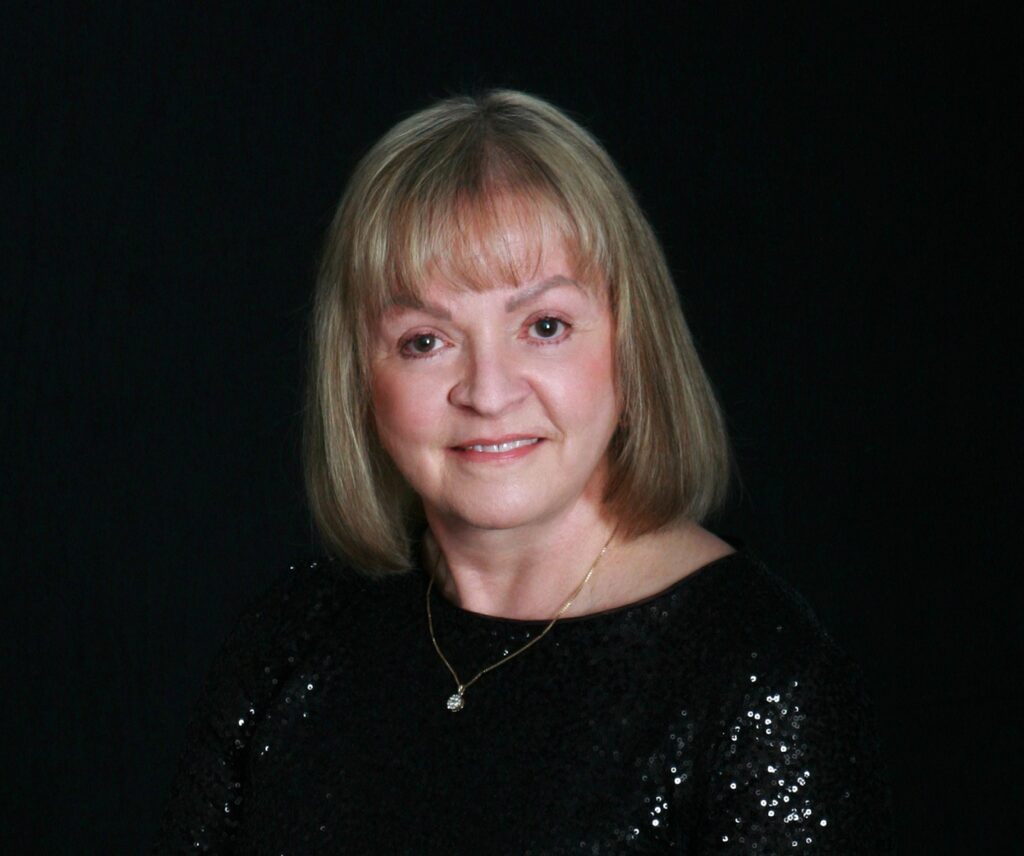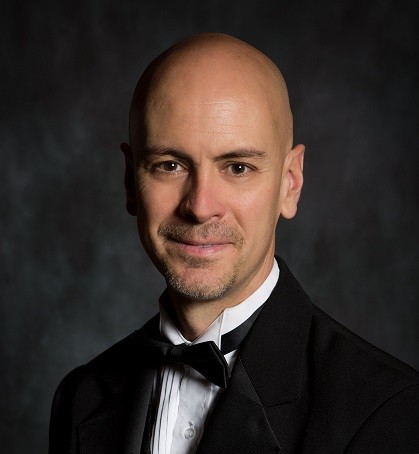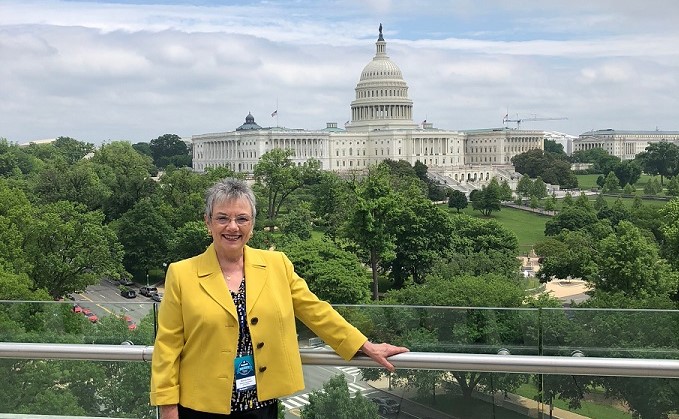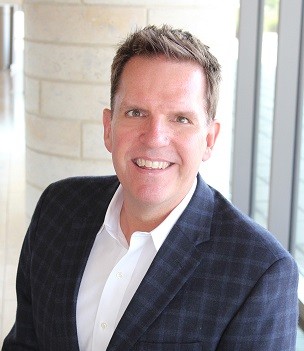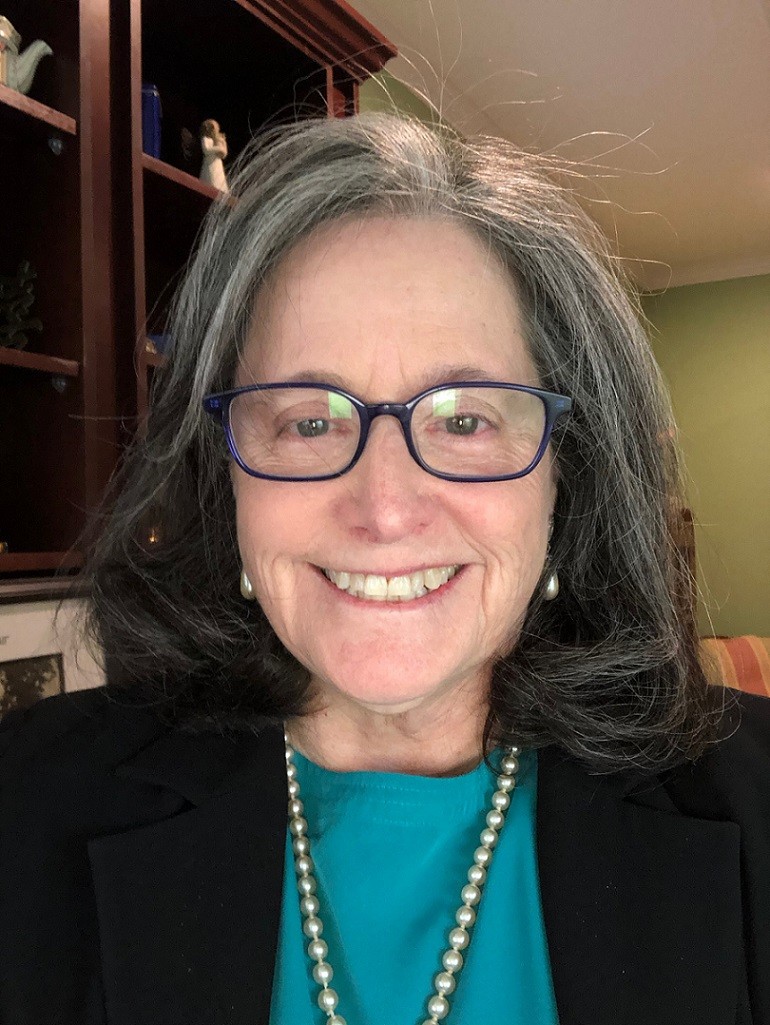Tagged Under:
Q&A with Yamaha Master Educator Richard Floyd
Richard Floyd says that music is essential — find out why in this illuminating Q&A.
Richard Floyd is State Director of Music Emeritus at the University of Texas at Austin. His 55-plus-year career as a music educator and conductor began at Richardson Junior High School and J.J. Pearce High School before he moved to the collegiate level at the University of South Florida, Baylor University and the University of Texas. A recognized authority on conducting and music advocacy, Floyd is a frequent clinician, adjudicator and conductor. He is a Yamaha Master Educator.
Q. When did you know that you were going to make music the focus of your professional life?
A. I came to the realization in high school that music would be an essential necessity in my adult life. As I started looking at college catalogs the major “music education” leaped off the pages. From that point forward I never thought of making music and/or teaching music as a profession but rather a calling.
Q. Other than music, what brings you inspiration?
A. I am inspired by family, friends, the human spirit, the beauty of nature, passion for life and the unbridled love for learning that I see in the eyes of colleagues and students.
Q. What book is on your nightstand right now?
A. There is never just one. Right now, it’s John Grisham’s “The Reckoning,” David McGill’s “Sound In Motion” and David Brooks’ “The Road To Character.” Basically, the formula is one book for entertainment, one book for growth and one book for enlightenment.
Q. What piece of music do you wish you had written and why?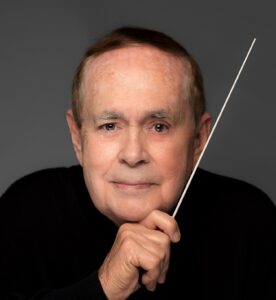
A. I can narrow it down to two. “O Magnum Mysterium” by Morten Lauridsen or Samuel Barber’s “Adagio for Strings.” They speak equally to the human spirit, and they are timeless in terms of their eloquence, simplicity and purity. They represent the absolute essence of the power of music.
Q. What is your favorite guilty pleasure food?
A. This is a no-brainer! Sunday champagne brunch at the Four Seasons Hotel Austin.
Q. What is your biggest pet peeve?
A. People who attempt or seek to make music for wrong, self-serving or superficial reasons.
Q. What is the most embarrassing moment of your life that you can share?
A. Nothing funny here. Shortly after becoming director of bands at Baylor University, I attended a prestigious music conference. I did so with the false illusion that I had “arrived.” In a matter of 72 hours, I painfully discovered how little I knew about the greater world of music and how much I had to learn to become the musician and teacher I hoped to be. It was a personally embarrassing and humiliating moment in my life.
Q. Why is music important to humanity?
A. I am not aware of a culture that didn’t have music in one form or another as an integral part of its civilization. I have come to believe that music is a human bonding agent and, in one form or another, is imbedded in our DNA. It is one of life’s essentials.
Q. Which person from history, dead or alive, would you want to have lunch with and what would you discuss?
A. There are so many icons that could easily be on my list. But, to be honest, I feel I know most of them intimately through their music, their writing, their vision or their place in history. With that said, perhaps the most compelling lunch engagement for me would be to dine with my father who died over three decades ago. I would love to tell him how much he continues to mean in my life and also share with him my journey since he died in 1982. It remains my hope and prayer that he would be proud.
Q. Why is it important to protect access to music education?
A. The term “music education” can mean different things to different people and in different cultures. Thus, I think it’s important that we don’t let this term get too limited in scope. With that said, let’s not mince words. Music in its countless guises is not important — it is essential. It is one of the priceless capstones of the human experience.










